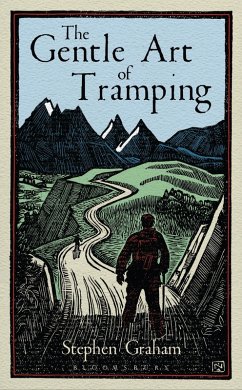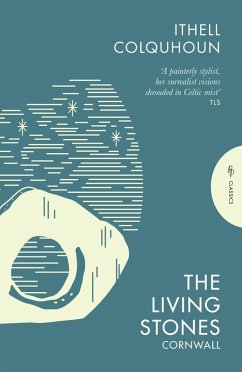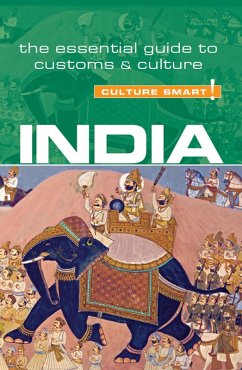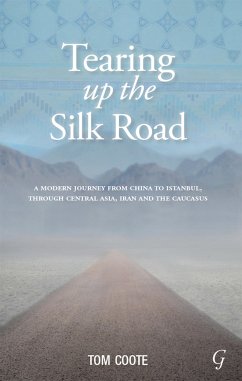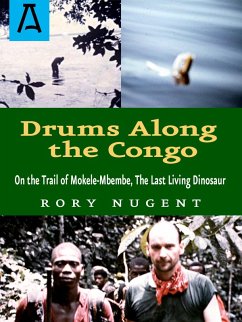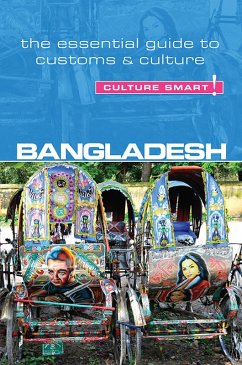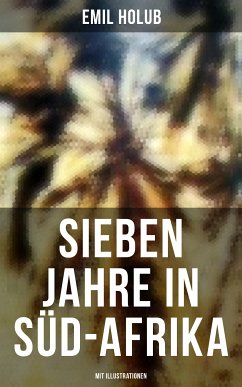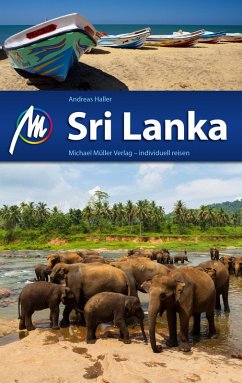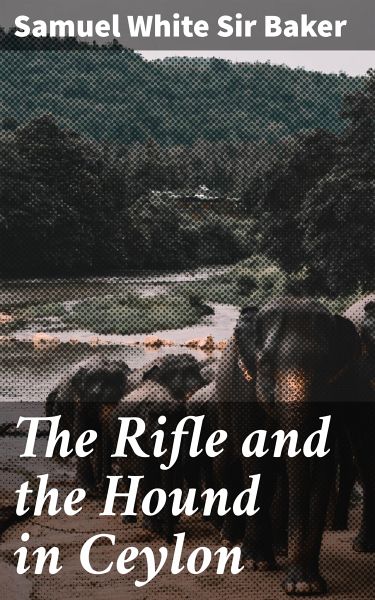
The Rifle and the Hound in Ceylon (eBook, ePUB)
Exploring the Wilds of Colonial Ceylon: A Thrilling Adventure in 19th Century Big-Game Hunting
Versandkostenfrei!
Sofort per Download lieferbar
0,49 €
inkl. MwSt.
Weitere Ausgaben:

PAYBACK Punkte
0 °P sammeln!
In "The Rifle and the Hound in Ceylon," Samuel White Sir Baker, a seasoned explorer and naturalist, transports readers into the lush landscapes of Ceylon (modern-day Sri Lanka) in the 19th century. Through vivid, descriptive prose and a blend of personal narrative and observational wildlife research, Baker juxtaposes the thrill of hunting with the intricacies of the island's ecosystems. The book is not merely a hunting memoir; it functions as a critical commentary on colonial attitudes toward nature while preserving rich ethnographic detail about the local culture and fauna. Baker's literary s...
In "The Rifle and the Hound in Ceylon," Samuel White Sir Baker, a seasoned explorer and naturalist, transports readers into the lush landscapes of Ceylon (modern-day Sri Lanka) in the 19th century. Through vivid, descriptive prose and a blend of personal narrative and observational wildlife research, Baker juxtaposes the thrill of hunting with the intricacies of the island's ecosystems. The book is not merely a hunting memoir; it functions as a critical commentary on colonial attitudes toward nature while preserving rich ethnographic detail about the local culture and fauna. Baker's literary style captures both the exhilaration of adventure and the contemplative nature of a naturalist'Äôs engagement with his surroundings, making it a significant contribution to the genre of travel literature and colonial studies of the period. Samuel White Sir Baker was an English explorer, big game hunter, and author whose expeditions across Africa and Asia sparked a fascination with wilderness and preservation in Victorian society. His experiences as a naturalist and his keen interest in hunting provided the impetus for "The Rifle and the Hound in Ceylon," as he sought to document the exotic wildlife and his adventures therein. Baker's dual identity as both a hunter and a nature enthusiast informs his writing, imbuing it with authenticity and depth. This book is an essential read for those interested in colonial literature, wildlife conservation, and the historical interplay between man and nature. Baker's eloquent observations inspire contemplation on the environmental changes wrought by colonial pursuits and remind readers of the delicate balance between exploration and exploitation. "The Rifle and the Hound in Ceylon" stands as a significant literary work, inviting readers to engage with Ceylon's unique landscapes and the complex legacies of colonialism.
Dieser Download kann aus rechtlichen Gründen nur mit Rechnungsadresse in A, B, BG, CY, CZ, D, DK, EW, E, FIN, F, GR, H, IRL, I, LT, L, LR, M, NL, PL, P, R, S, SLO, SK ausgeliefert werden.





